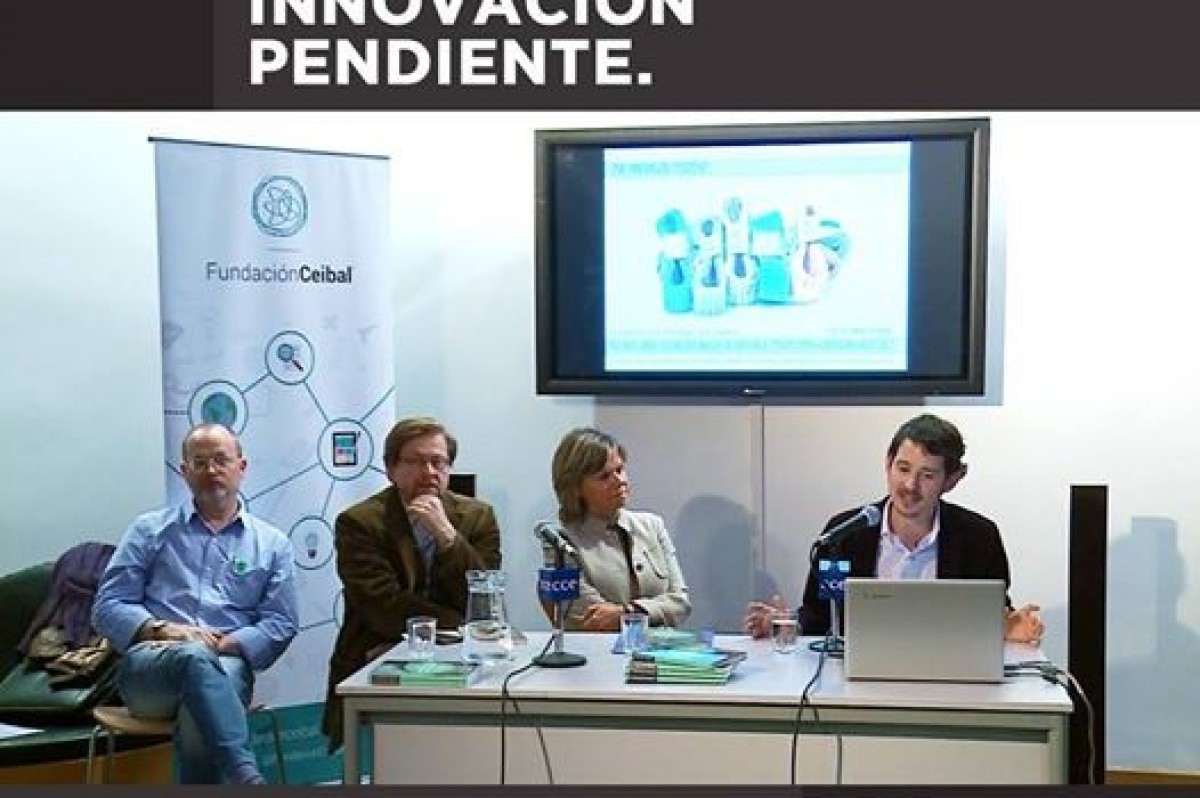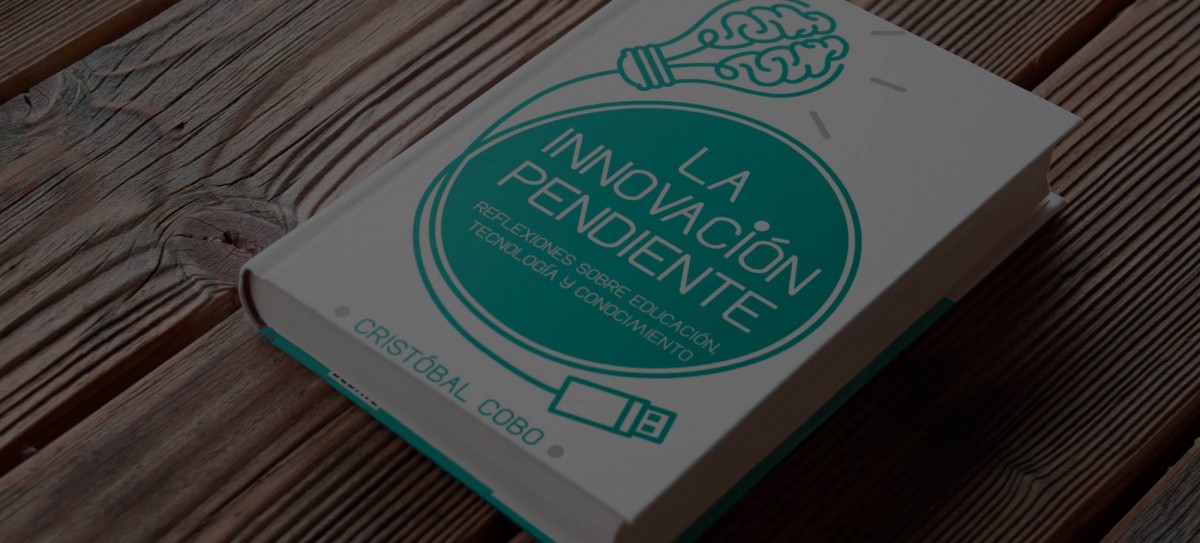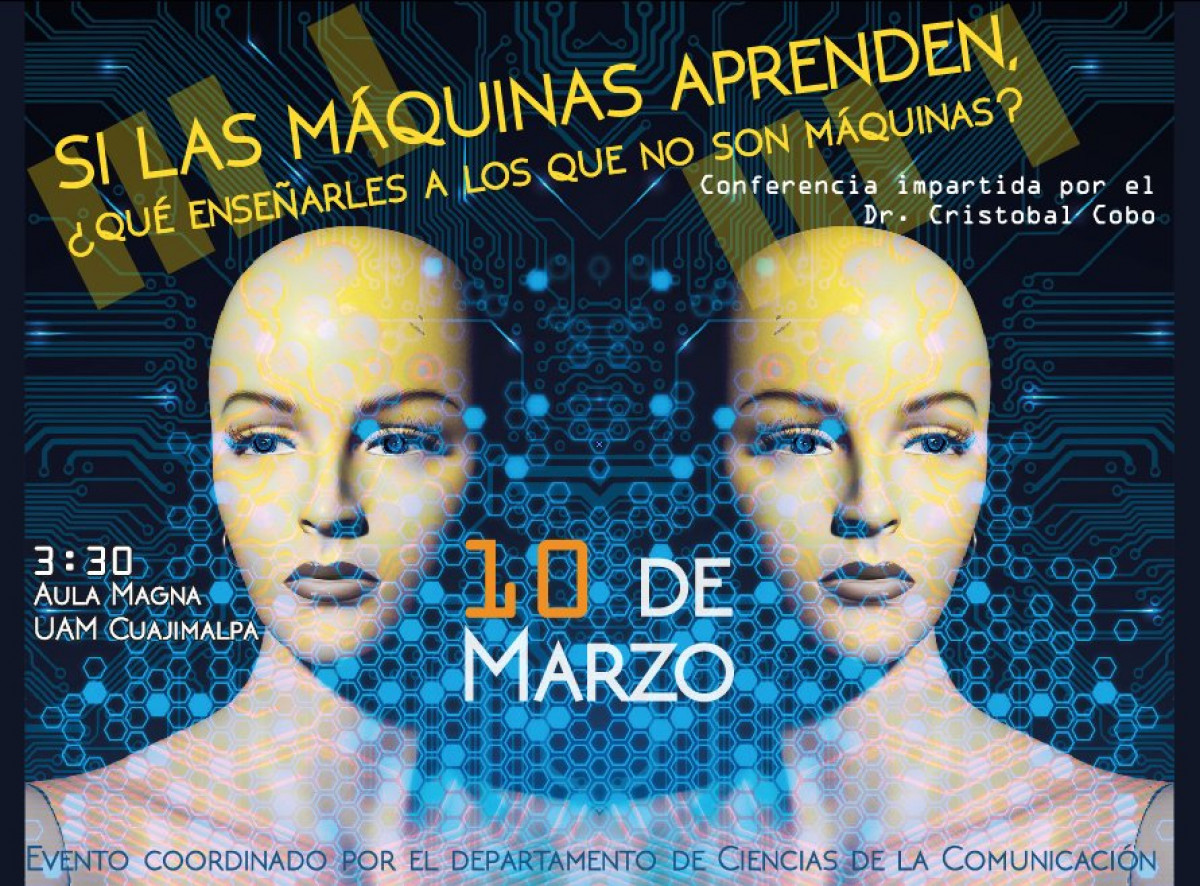digital humanities
Era tiempo ya de publicar un nuevo libro. Esta vez se llama: “La Innovación pendiente: Reflexiones (y provocaciones) sobre Educación, Tecnología y Conocimiento“. En este post adelantamos novedades sobre el making of del libro, el argumento central, público al que va dirigido, su fecha de lanzamiento y otros detalles.
“Si las Máquinas aprenden…. ¿Qué enseñarles a quienes no son máquinas?” era el nombre completo de la conferencia.
Pretty much in every country is increasingly common to identify public policies promoting in one way or another the use of information technologies for education. With different purposes, policies or budgets digital technologies have landed in the world of education and it is very likely they are here to stay. Today, are much popular the voices of those who defend and promote the importance of technologies in education than those who sustain a critical position regarding the use of these tools in education, because the later are discredited as change resistant or reactionary. However not everything is either black or white and the impact of ICT in education should be grounded on consistent and reliable evidences.
The continuous race for incorporating new technology in the education tends to generate a great hope for change. It is well known that digital infrastructure produce expectations that teachers could teach better and students will learn faster.
Roschelle & Teasley (1995) explained in their well known research (see open access version*) that collaboration: involves group-directed negotiation and construction of shared goals and meaning. A better understanding of collaboration (face-to-face and/or online) becomes a critical factor in today’s society.
Workshop on 20 June 2014 at the University of Oxford, led by Dr. Igor Calzada (Research Associate Future Cities, COMPAS & InSIS – University of Oxford) and Dr. Cristobal Cobo (Research Fellow Oxford Internet Institute– University of Oxford).
We are delighted to extend an invitation to our next workshop which will bring together interested parties from Oxford and other organisations to critically analyse the tensions between traditional and new-modes of delivering university level education .


